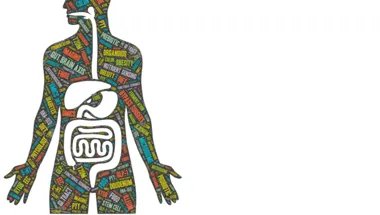
Biography
Dr Karen O’ Callaghan is a Lecturer in the Department of Nutritional Sciences at King’s College London.
Her research interests lie within the areas of maternal-child nutrition, infant growth and musculoskeletal health. She has extensive expertise in conducting human nutrition studies (intervention and observational) in young children and women during pregnancy in both high- and low-middle income settings.
She holds a PhD in Human Nutrition from University College Cork (UCC), after which she undertook a research fellowship within the Centre for Global Child Health at the Hospital for Sick Children, Toronto, where her research was largely dedicated towards investigating the effects of vitamin D supplementation during pregnancy on maternal and child health outcomes.
Her research aims to advance understanding of the nutritional requirements for vitamin D in pregnancy and lactation, biological interactions between micronutrients, and bone mineral metabolism during pregnancy, lactation and early childhood. In particular, her research goals encompass a strong dedication towards the advancement and transparent use of nutritional biomarker data to address critical issues in global and public health nutrition.
Research

Maternal and child nutrition
Women and children have unique nutritional requirements. Emerging evidence highlights that nutrition during early life, especially the period from conception until the first two years of life, plays an important role in setting the health trajectory of an individual and even future generations.

Protein, body composition and physical function
Protein, body composition and physical function

Mineral nutrition and metabolism
Since trace elements are involved in virtually all biological processes, biometals research is relevant and can be applied across the areas of biomedical and health research.
Research

Maternal and child nutrition
Women and children have unique nutritional requirements. Emerging evidence highlights that nutrition during early life, especially the period from conception until the first two years of life, plays an important role in setting the health trajectory of an individual and even future generations.

Protein, body composition and physical function
Protein, body composition and physical function

Mineral nutrition and metabolism
Since trace elements are involved in virtually all biological processes, biometals research is relevant and can be applied across the areas of biomedical and health research.
